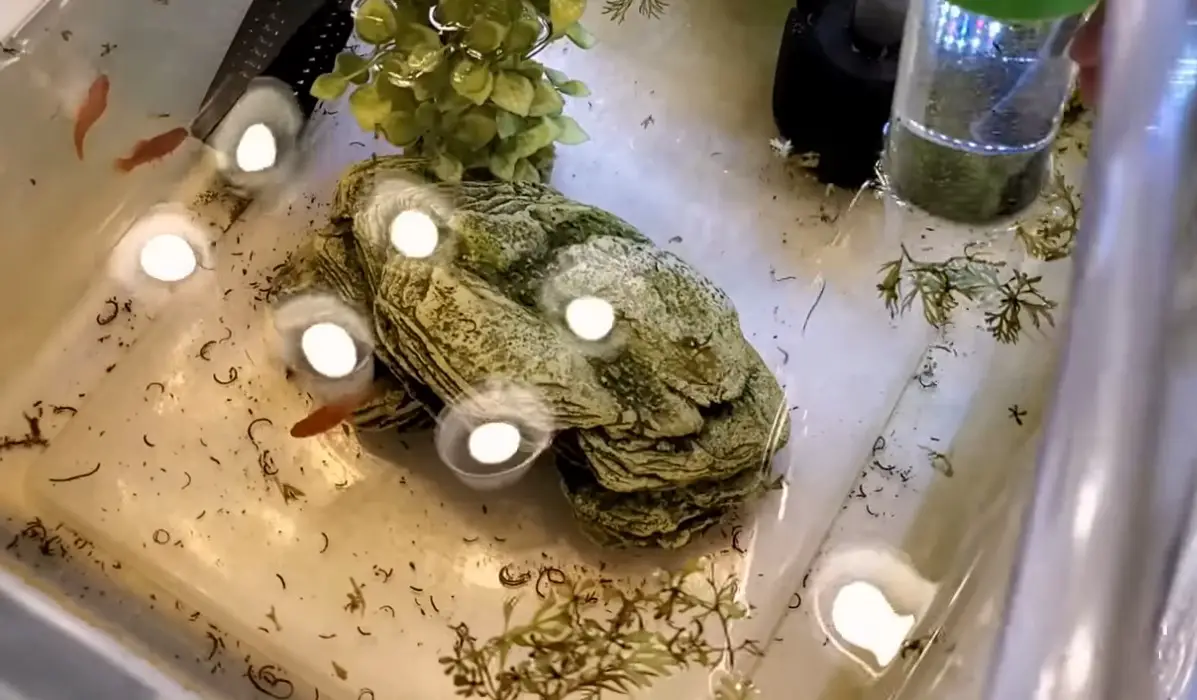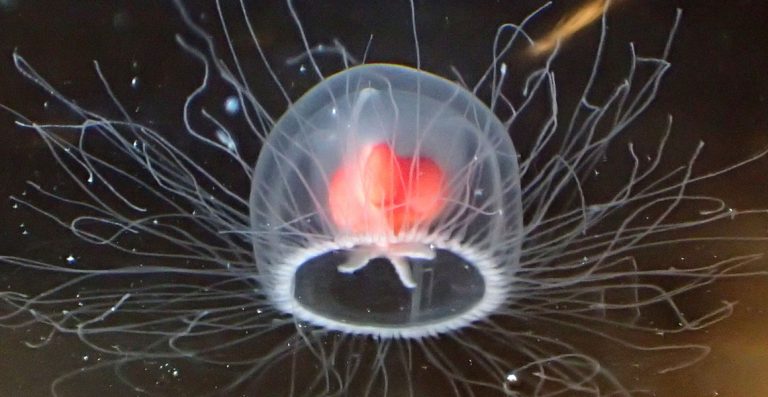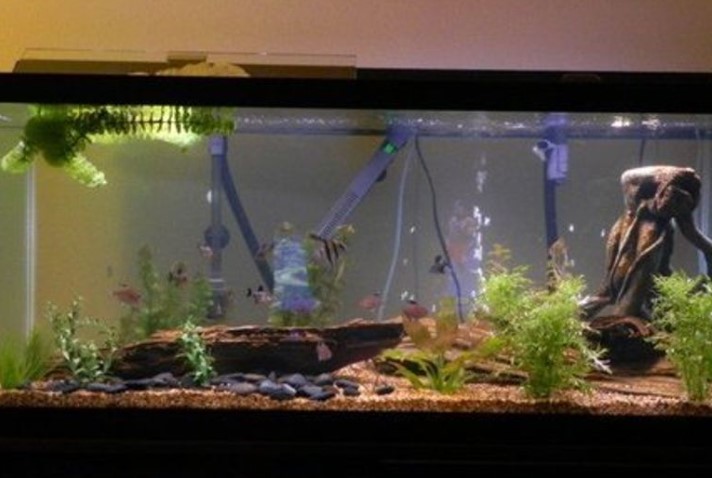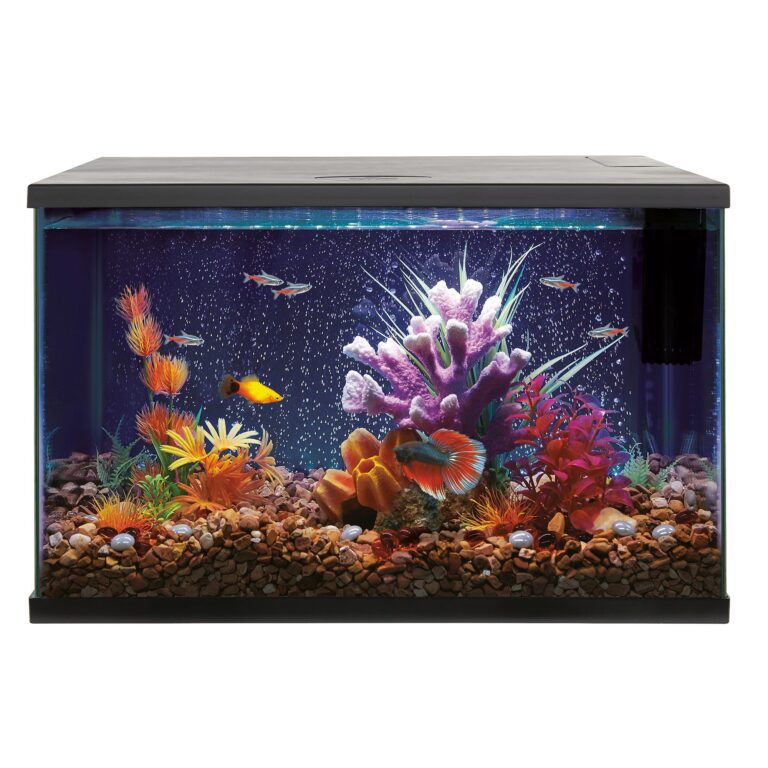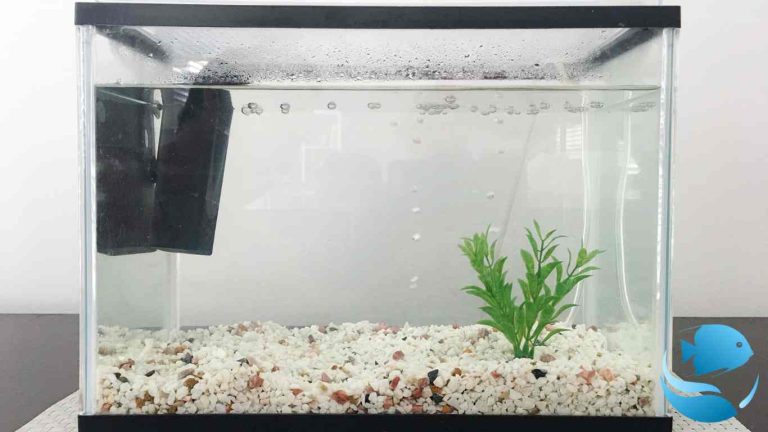What Causes High Nitrate Levels In Fish Tanks
What Causes High Nitrate Levels in Fish Tanks?
If you are an aquarium enthusiast, you know the importance of maintaining a healthy and balanced environment for your fish. One of the key factors in ensuring the well-being of your aquatic pets is maintaining proper water parameters. Nitrate levels in fish tanks can often become a cause for concern. But what causes high nitrate levels in fish tanks? Let’s explore the various factors and how you can address them.
1. Overfeeding
Overfeeding is a common mistake that many aquarium owners make. When you feed your fish more than they can consume, the uneaten food decomposes and produces waste, leading to an increase in nitrate levels. It’s important to feed your fish the right amount of food and remove any uneaten leftovers.
2. Lack of Water Changes
Regular water changes are essential for maintaining a healthy aquarium. Without periodic water changes, nitrate levels can increase and accumulate over time. The water changes help dilute and remove the excess nitrates, ensuring a safe and stable environment for your fish.
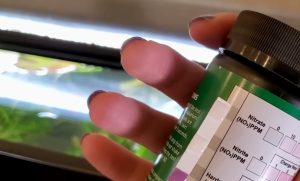
3. Improper Filtration
A well-functioning filtration system is crucial for keeping nitrate levels in check. If your filter is not adequately removing waste and converting ammonia into nitrite and then nitrate, it can lead to an accumulation of nitrates. It’s essential to regularly clean and maintain your filter to ensure optimal performance.
4. Overstocking
Having too many fish in your aquarium can overload the system and result in high nitrate levels. More fish means more waste, which leads to increased ammonia, nitrite, and ultimately nitrate levels. It’s important to research and follow the recommended stocking guidelines for your specific aquarium size.
5. Insufficient Plant Growth
Aquatic plants are natural nitrate removers as they take up nitrates as a nutrient source for growth. If you have inadequate plant growth or no live plants in your aquarium, it can contribute to higher nitrate levels. Adding live plants to your tank can help maintain a healthier nitrogen cycle by utilizing nitrates as food.
6. Poor Maintenance Practices
Regular maintenance plays a crucial role in preventing high nitrate levels. Neglecting routine tasks such as cleaning the substrate, removing debris, and maintaining water quality can lead to a buildup of nitrates. Commit to a regular maintenance schedule to keep your fish tank in peak condition.
7. Nitrate in Tap Water
Sometimes, the nitrate levels in your tap water can be high. If you use tap water for water changes or top-ups, it can contribute to elevated nitrate levels in your aquarium. Testing your tap water for nitrates and considering alternative water sources, such as reverse osmosis (RO) water, can help mitigate this issue.
Frequently Asked Questions
1: How often should I feed my fish to prevent high nitrate levels?
It’s recommended to feed your fish small portions once or twice a day, ensuring they consume all the food within a few minutes. Avoid overfeeding, as excess food will contribute to increased nitrate levels.
2: Can live plants alone reduce high nitrate levels in my aquarium?
While live plants can significantly contribute to reducing nitrate levels, they might not be able to eliminate them entirely, especially in heavily stocked tanks. Live plants should be used in conjunction with other proper maintenance practices to maintain optimal water quality.
3: How can I test the nitrate levels in my fish tank?
Nitrate test kits are readily available in most aquarium supply stores. These kits include test strips or liquid reagents that allow you to measure the nitrate levels accurately. Regular testing will help you monitor and address any potential problems.
Final Thoughts
High nitrate levels in fish tanks can be detrimental to the health and well-being of your aquatic pets. By understanding the various causes and implementing appropriate measures, such as proper feeding, regular water changes, adequate filtration, and maintaining a healthy balance within your aquarium, you can prevent or reduce high nitrate levels. Remember, a well-maintained tank equals happy and thriving fish!
